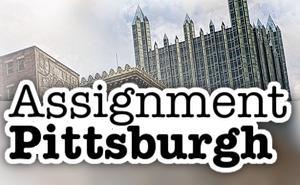The way the process works now is unless you have a certain number of votes when considering a neighborhood improvement district, any unreturned ballots would be counted as “yes” votes. State Senator Jay Costa (D-Allegheny) will introduce a bill to change that.
“This legislation is trying to bring clarity to the voting procedures for property owners when they are trying to establish a neighborhood improvement district,” said Costa. “We believe that only those votes that are cast should be the ones counted, and this legislation aims to bring clarity to that issue.”
A neighborhood improvement district is a limited geographic area within a municipality in which a special tax is levied. The revenue raised can be used for a number of things, including street cleaning, security, and improvements. There are several such districts in Pittsburgh.
“If 40% or more of property owners fail to register their disapproval of the final plan or the amendment in writing, which would be their vote, a municipality may, within 45 days, enact an ordinance that establishes neighborhood improvement districts,” said Costa.
So in effect, he added, a non-voting property owner is supporting the improvement district by not taking action, which may not be where that person wants to be.
Costa said the bill came about for a number of reasons, including the formation of a local improvement district on Pittsburgh’s South Side. He said in response to that now-stalled process a constituent brought the loophole to his attention.
Costa will introduce the bill next week and said he hopes for one of two things: get it moving through the process in the next several weeks and then continue conversation in the fall, or find a vehicle that for it to be added as an amendment to get it done sooner rather than later. Costa said he realizes there are bigger fish to fry in Harrisburg, though.
“The budget is our big issue,” he said. “Employment compensation is another big issue we’ll be dealing with in a week or so, so I think we’ll work this into the conversation as we go forward.”






